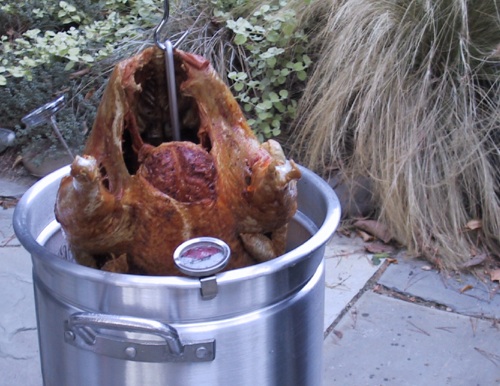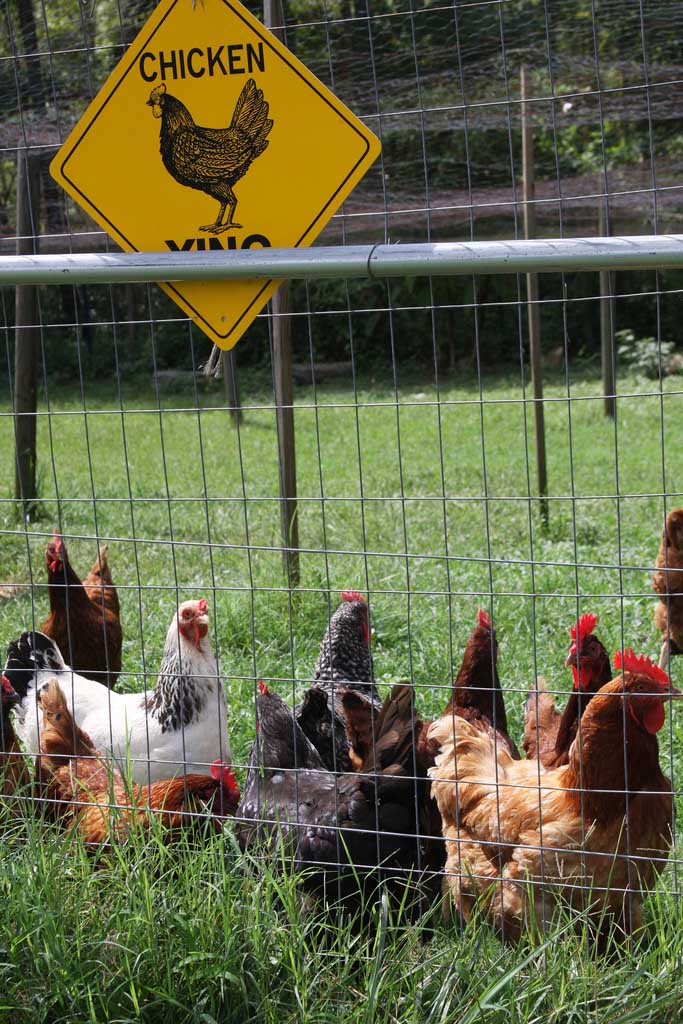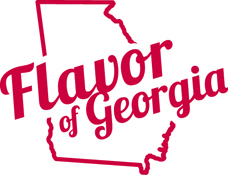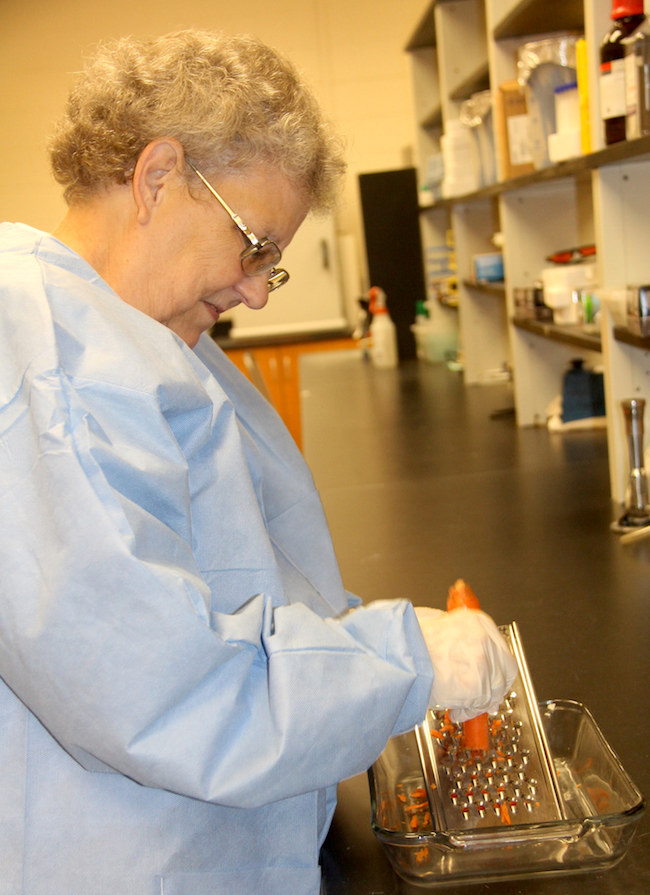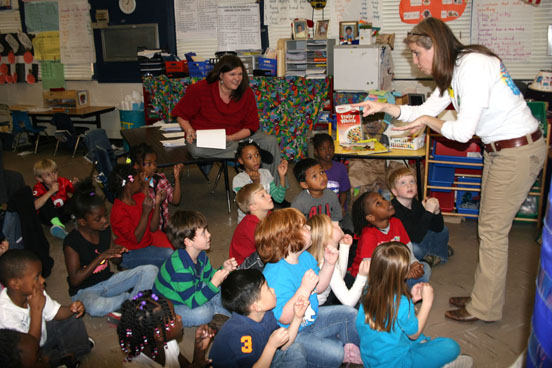 CAES News
CAES News
Reducing Stress
There’s a huge buildup to the winter holidays. With so much happening, we have little time left to take care of ourselves, and physical and emotional resources may become depleted. Some stress can provide motivation to be productive, but too much stress can be detrimental to health and enjoyment of the season. To make this holiday less stressful and more enjoyable, University of Georgia Cooperative Extension offers the following tips.

